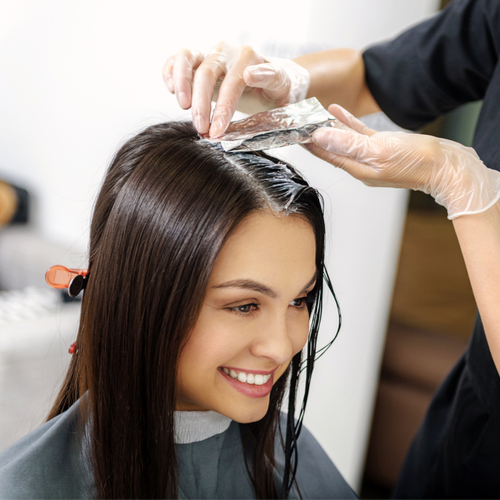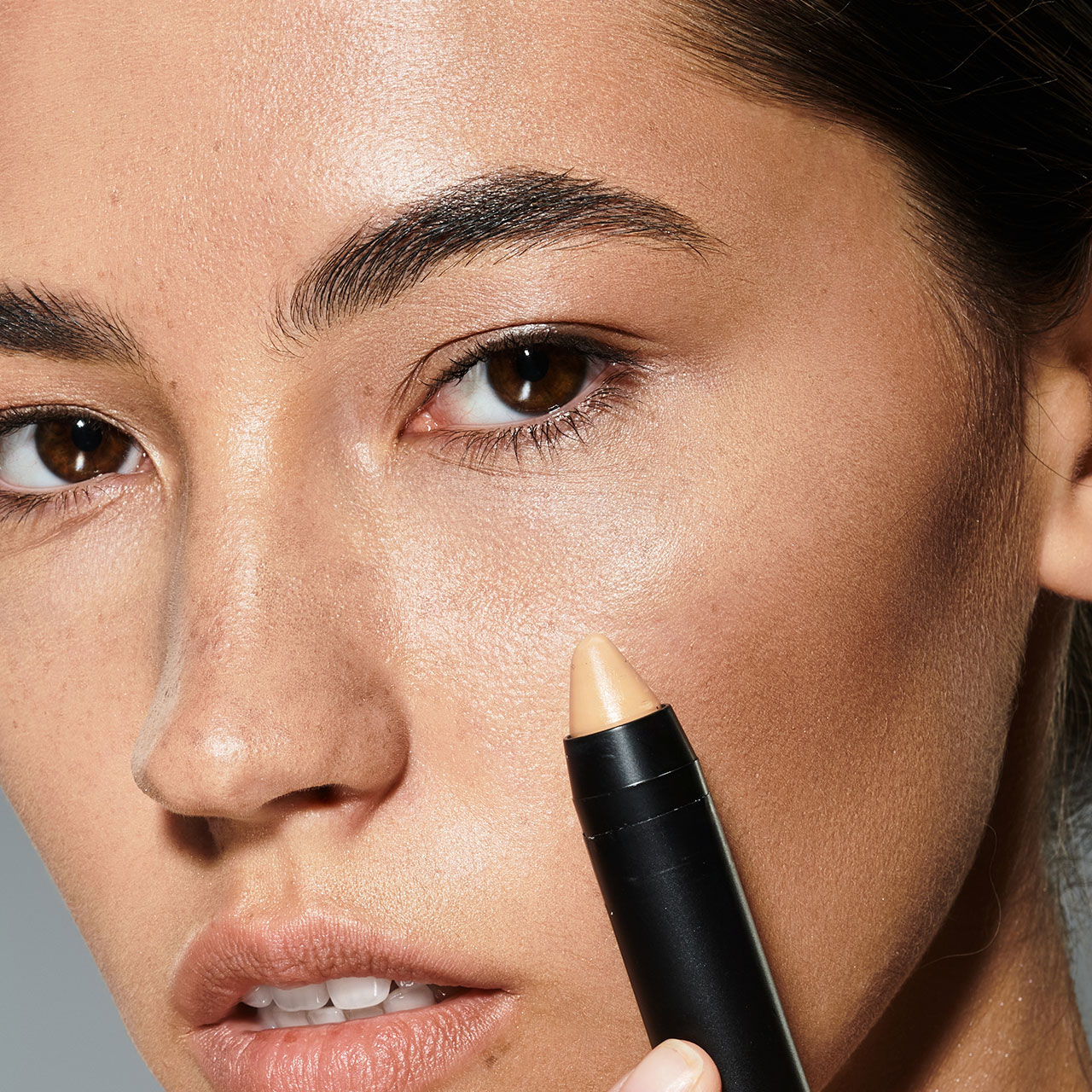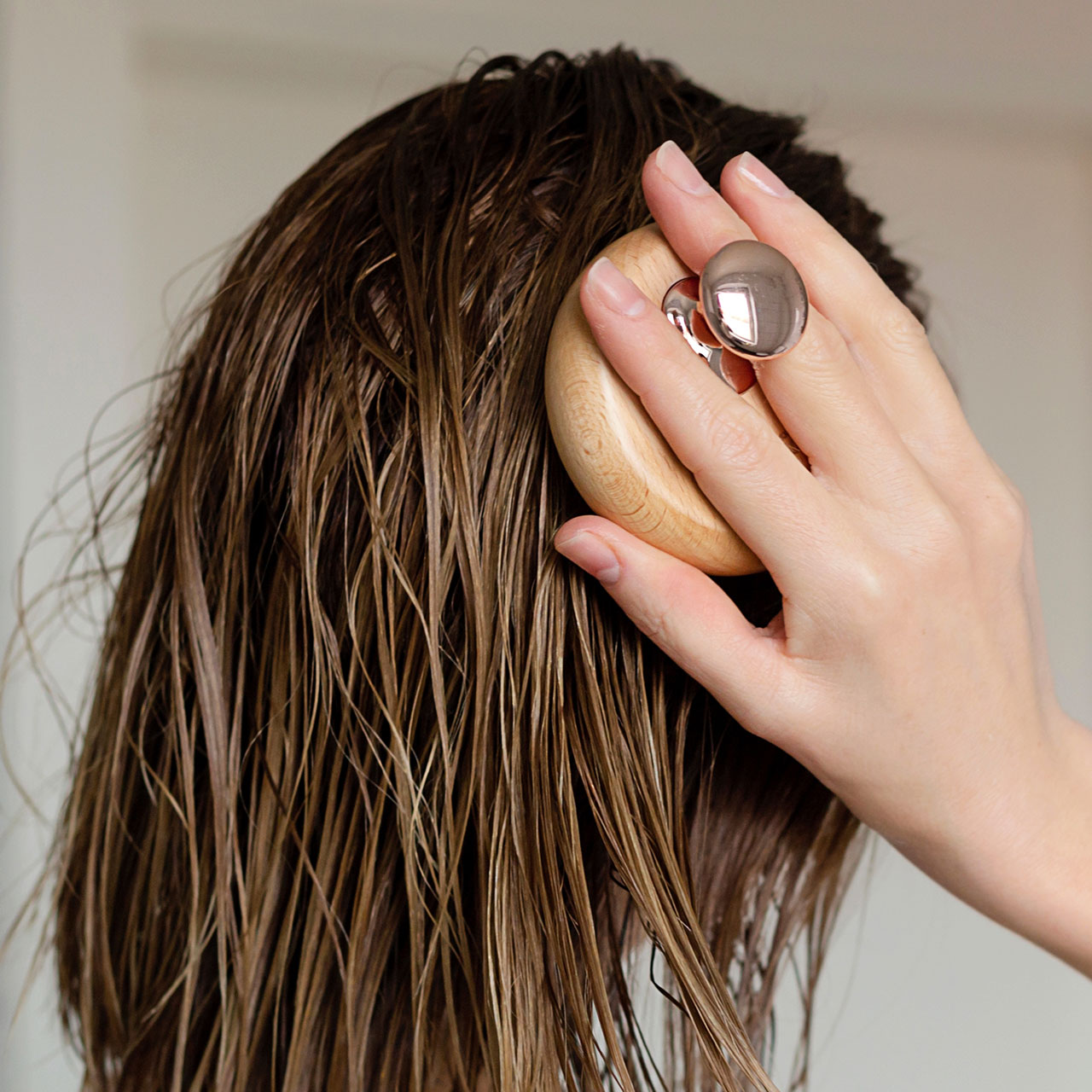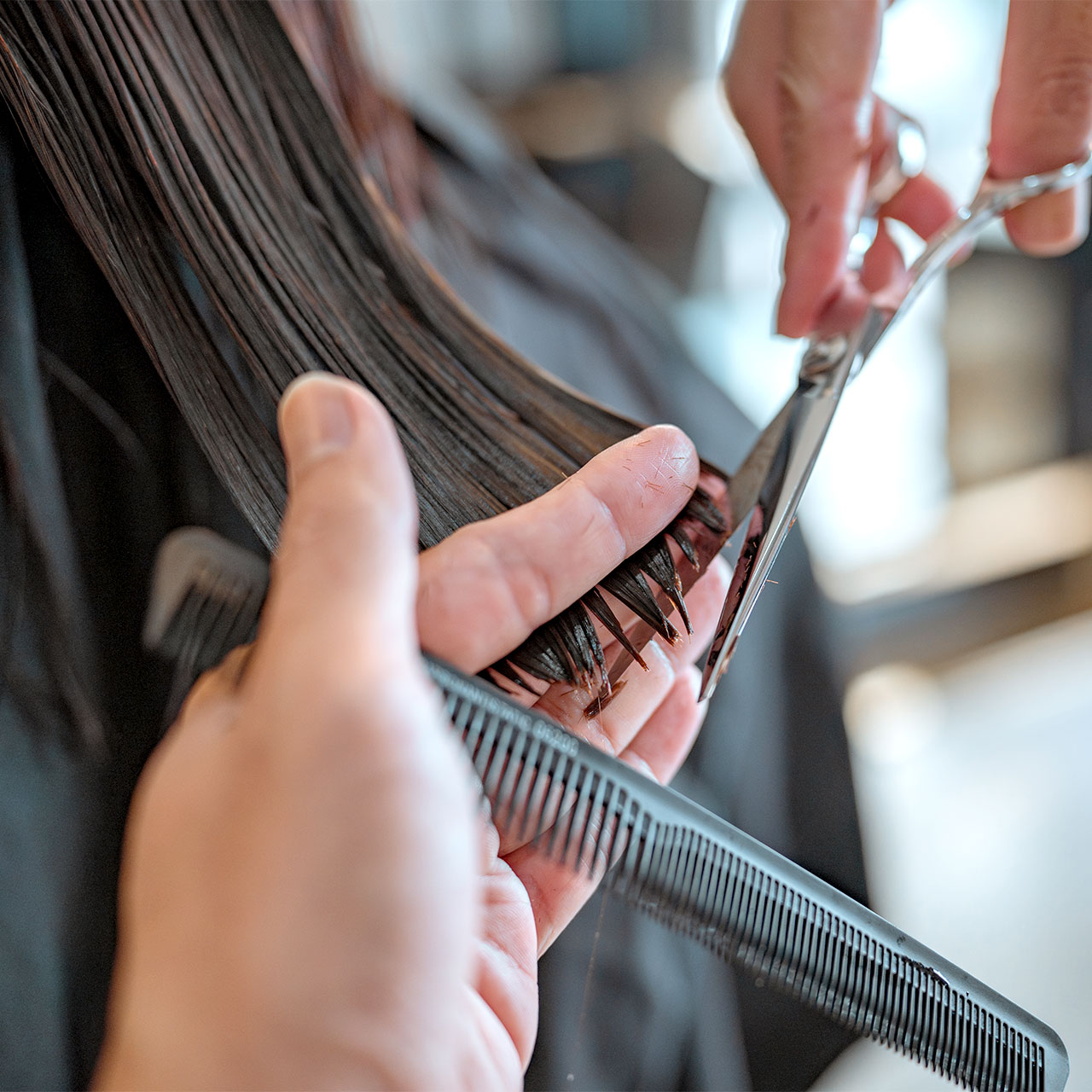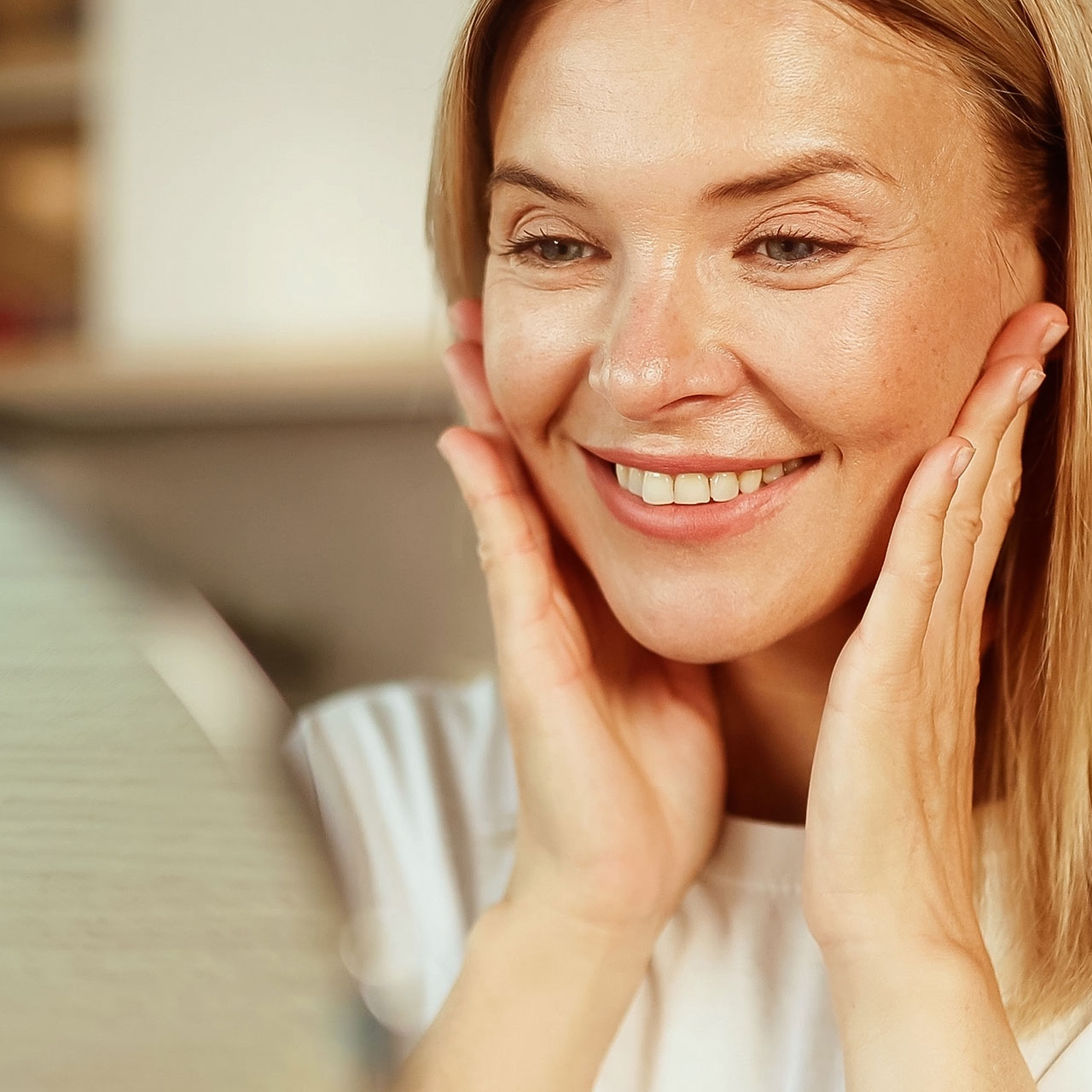This is an archived article and the information in the story may be outdated. Please check the time stamp on the story to see when it was updated last.
At one point or another in your life you’ve likely been struck with the inspiration to color your hair. Changing up your hair color can completely alter your look, spicing up your natural shade and complimenting your personal style. However, while a good dye job can work to enhance your beauty, there are certain colors stylists warn to steer clear of, particularly as you age. If you’re concerned about aging yourself prematurely and want to choose the most flattering color to fit your complexion, this is the color you should avoid at all costs.


When you grow bored of your look it may be tempting to make a dramatic change, going from brunette to bright blonde, or vice versa. However, changes in such extremes are often not flattering to your skin tone, instead enhancing signs of aging rather than your look. “Color within reason. If you're a dark brunette, don't stray too far from rich tones. If you're a warm blonde like Christie Brinkley, keep to the golden hues that add depth,” Louis Licari, a colorist and owner of hair salons in New York City and Beverly Hills tells Allure. “If you introduce a completely new color, your natural shade will fight it until it oxidizes and turns brassy orange.”

While you may feel compelled to opt for a dark, dramatic black, stylists suggest thinking twice if you don’t want to highlight signs of aging on your face. “Going too dark with your color creates the illusion of more fine lines and wrinkles” celebrity hairstylist and founder of Hair Room Service Michael Dueñas tells Prevention. “Also, if you have gray hair, you can make the line of demarcation more apparent when your hair starts to grow in.”

However, even going blonde can have its pitfalls for aging depending on the shade you opt for. As you grow older, it’s best not to fall into blonde territory if this isn’t your natural shade as it can create a jarring contrast in your appearance. “A shade or two lighter [than your natural one] can be very flattering, especially because skin gets more sallow with age, and a few streaks can wake it up. But going too light can be just as aging as going too dark,” Licari explains to Allure. “If you have to put on more makeup to make your new color work, you've picked the wrong shade.”

As you age, it becomes increasingly important to find styles that highlight your youth and compliment your complexion. Choosing a dramatic hair color like black or bright blonde may appear unnatural and harsh, emphasizing your age rather than allowing you to look your best. While a drastic change may seem tempting, as you grow older you’ll be better served staying within the color range of your natural shade in order to play up your best features without drawing attention to the stark contrast in your appearance. However, if you do feel compelled to make a drastic change, check in with your stylist to see if they have any tips for making the color of your dreams more wearable so you can find a compromise that will make you happy and allow you to look your best.





